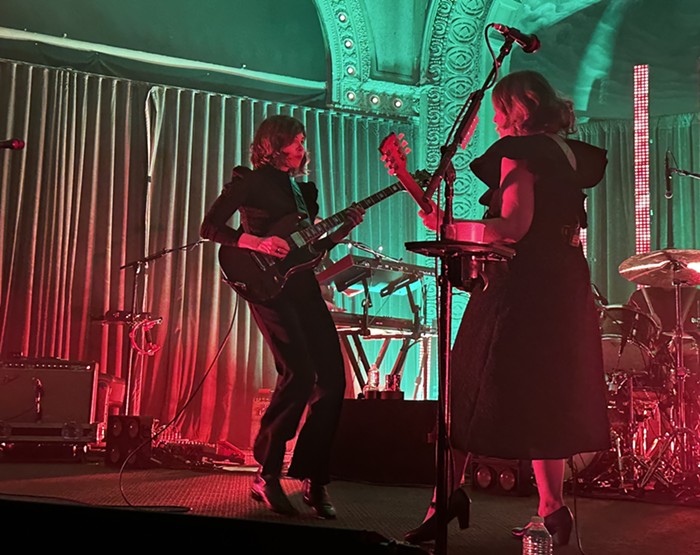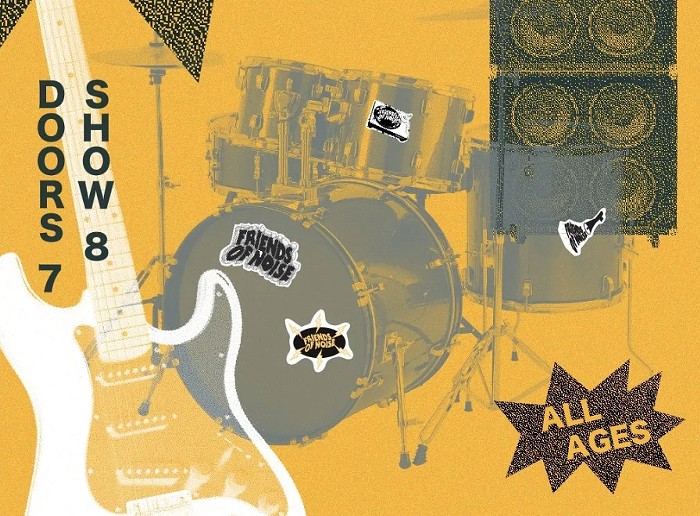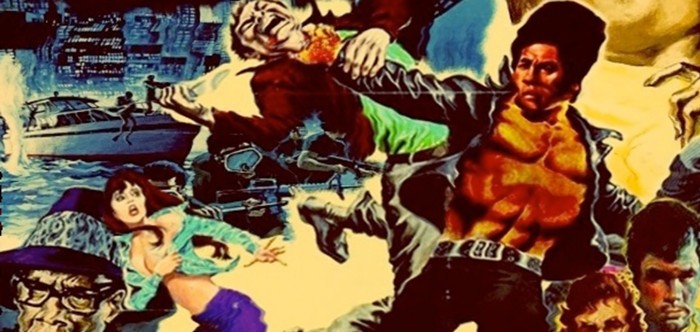WITHOUT KNOWING ANYTHING about Beirut's debut CD, Gulag Orkestar, the following things came to mind during my first month of incessant listening: elephants, gypsies, rusty tubas patched with duct tape, crowded street markets, intoxicated drumlines, dust being kicked up by bare, shuffling feet, and ballads of Old World lament.
It opens with the title track, all Balkan brass and slow, moaning accordion, until a boozy, minor-key barroom piano thunks out the beginning of a melody, snapped into focus by a stuttering drum beat that sounds more dub than gypsy. Suddenly, the whole band is working together, and a chorus of wailing men kicks in as tambourines rattle and ukuleles strum with the sloppy brass.
The rest of the disc is just as stirring and evocative, if slightly less exotic. Song titles like "Prenzlauerberg" and "Mount Wroclai (Idle Days)" lead listeners to melodies of long-forgotten lands, where dense, layered vocals soar over snake-charming rhythms and ragamuffin shuffles.
Months after learning the truth behind this amazing CD, I still have a hard time wrapping my head around the story: Gulag Orkestar is the creation of a then-19-year-old Zach Condon from New Mexico, recording under the moniker Beirut. It's an almost impossible reconciliation: this huge, haunted, ancient music, and its baby-faced creator, too young to drink in bars. It's like reading a devastating novel about street life in Morocco during the 1920s, only to discover it was written by a community college student in Nebraska—it just doesn't make sense.
But maybe we've had enough making sense—enough bands imitating no-wave acts and crybaby songs about unrequited love. Gulag Orkestar makes sense in a different way—on a heartbreaking gut level, one that knows these songs without ever having heard them before, one tuned to the moans of a scuffed-up trumpet line, one that yearns for something entirely new but somehow long-forgotten.


















